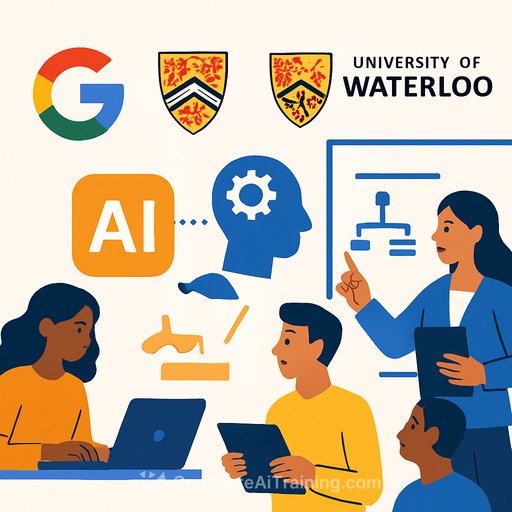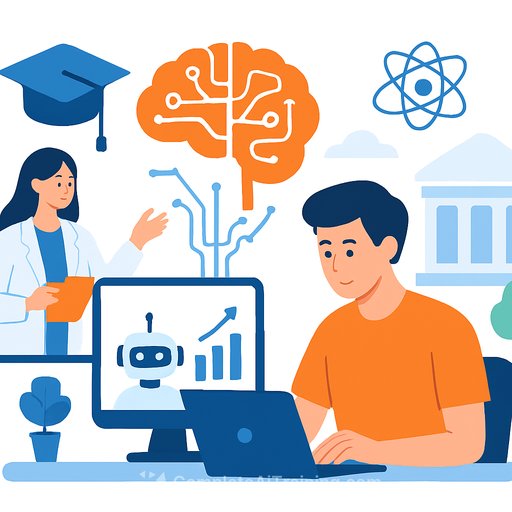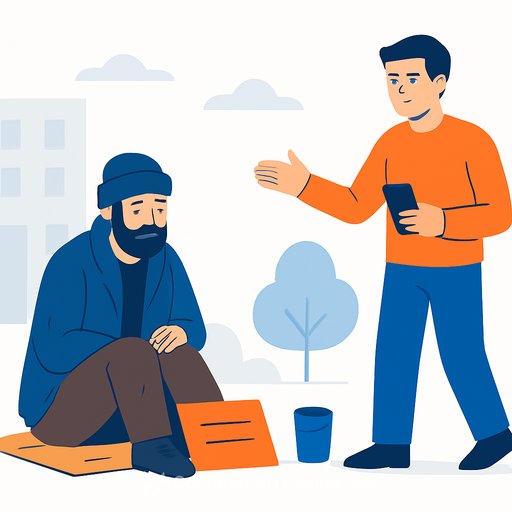UW and Google launch Future of Work Institute to study AI's impact on learning and career readiness
The University of Waterloo is teaming up with Google to study how AI changes learning and work-and to turn those insights into practical tools for classrooms and career programs. The partnership includes a new research hub on campus called the Future of Work Institute.
"This is a response to the idea that the workforce is really changing due to recent trends like climate change, migration and now, the AI revolution," said Edith Law, associate professor of computer science at the university. "We want to be very proactive in trying to shape the future of work and learning instead of just reacting to these changes."
What educators should know
The initiative will launch a Future Lab and hands-on workshops beginning Oct. 6. Students will work in teams with faculty and Google mentors to test AI-powered tools and study how people interact with computers in real learning contexts.
A major focus is an AI literacy program for small business owners, entrepreneurs, K-12 students, and teachers. "We want to create this program so that we can make sure everyone is comfortable with AI technology," Law said.
Why it matters for schools and programs
- Curriculum planning: Expect research-backed frameworks for integrating AI into instruction, assessment, and academic integrity policies.
- Career readiness: Project-based work with AI tools will map to emerging skills students need across sectors.
- Professional learning: The AI literacy program can support teacher upskilling and district-wide PD initiatives.
- Equity and access: Resources are intended to be widely accessible and practical for diverse learning environments.
Google's perspective
Mira Lane, vice president of technology and society at Google and a Waterloo alum, said AI presents new opportunities for learners, educators, and the broader community. "Something that I think is really important is really intentionally trying to shape the future of learning because if we're not thoughtful and intentional about it, we know that this technology is disruptive in this domain," she said. "We want the things that come out of this to be widely accessible and helpful."
Funding and timeline
Google will contribute $1 million over several years. The University of Waterloo will invest $450,000 to launch the institute and early programming.
Workshops and the Future Lab begin Oct. 6, with student teams collaborating alongside faculty and Google mentors.
Practical steps for education leaders
- Audit your current AI use: Identify where generative tools touch instruction, research, assessment, and student support.
- Set guardrails: Draft guidelines on acceptable use, data privacy, and citation practices to protect academic integrity.
- Pilot small: Start with one course, one assessment type, or one advising workflow and document results.
- Invest in AI literacy: Offer PD for staff and micro-lessons for students on prompts, verification, bias, and privacy.
- Measure outcomes: Track learning gains, time saved, and employability skills to inform policy and budget decisions.
Resources
Educators don't need more hype-they need workflows, policies, and training that work on Monday morning. This collaboration aims to produce exactly that: practical models, open resources, and tested approaches you can adapt to your campus, classroom, or district.
Your membership also unlocks:






